
Cybersecurity is all about processes and people. A lot of threats can be mitigated through technology, but only if people understand how cybersecurity affects…
Cybersecurity is all about processes and people. A lot of threats can be mitigated through technology, but only if people understand how cybersecurity affects control systems and related technology.
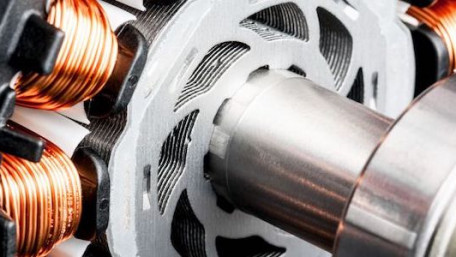
Field-oriented control (FOC), also called vector control, can control 3-phase alternating current motors and brushless DC…
Field-oriented control (FOC), also called vector control, can control 3-phase alternating current motors and brushless DC motors. Read more to learn its advantages, how it works, and its best applications.
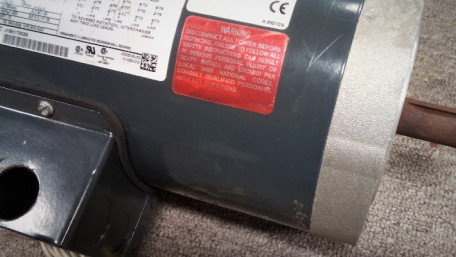
Large motors require a circuit to turn on and off. This may be as simple as a single on/off drum-type switch or as…
Large motors require a circuit to turn on and off. This may be as simple as a single on/off drum-type switch or as elaborate as a VFD unit. Learn about some common control circuit designs for typical three-phase motor requirements.
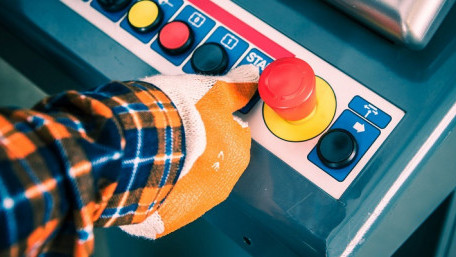
Machine safety design can be a daunting task with all the different safety devices on the market today. Choosing the…
Machine safety design can be a daunting task with all the different safety devices on the market today. Choosing the correct device for your design can be made easier by understanding when to use the proper device.
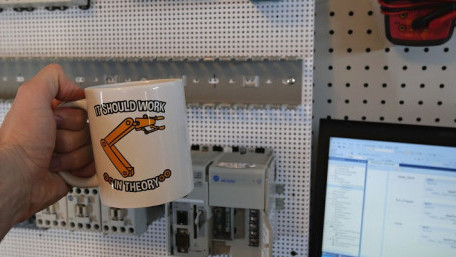
We are taught that parallel circuits maintain equal voltage across all branch resistors, equally sharing the source…
We are taught that parallel circuits maintain equal voltage across all branch resistors, equally sharing the source voltage. But reality is often far from ideal, and individual devices certainly impact the rest of the circuit.
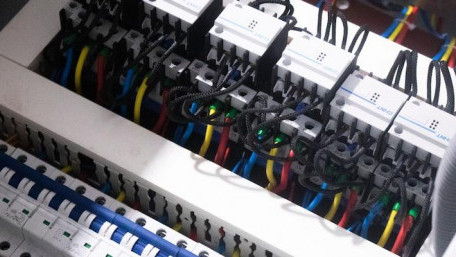
Designing a system with motor motion always includes a consideration of safety. Incorporating safety contactors might be…
Designing a system with motor motion always includes a consideration of safety. Incorporating safety contactors might be the correct prevention to protect equipment and users but may add additional challenges.
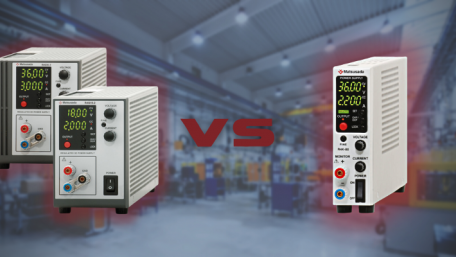
Linear and switch-mode power supplies provide direct current to power control components and electrical devices. Learn…
Linear and switch-mode power supplies provide direct current to power control components and electrical devices. Learn about the differences between the two power supplies and which one is best for your control system.

Many control product manufacturers offer these downloadable ‘EDS files’ for peripheral equipment, but what exactly is…
Many control product manufacturers offer these downloadable ‘EDS files’ for peripheral equipment, but what exactly is an EDS, and how can they aid in the development of a project?
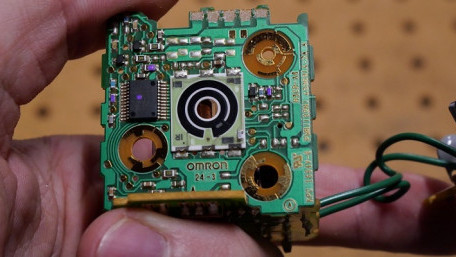
PLCs and microprocessors have largely replaced timing functions in control circuits. But these timer relays still hold…
PLCs and microprocessors have largely replaced timing functions in control circuits. But these timer relays still hold many necessary tasks. What’s inside these devices might be more complex than you imagined!
Coil, field winding, rotor, stator, eddy current… When it comes to motors, there are numerous terms that describe the…
Coil, field winding, rotor, stator, eddy current… When it comes to motors, there are numerous terms that describe the theory of operation, but what is inside a 3-phase motor? Take a look, and learn how they work.
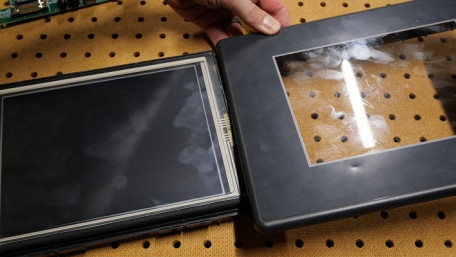
Human-machine interfaces, or HMIs, provide visual process data and allow access to process parameters and diagnostics…
Human-machine interfaces, or HMIs, provide visual process data and allow access to process parameters and diagnostics information. What’s inside these touchscreen displays, and how do they actually work?
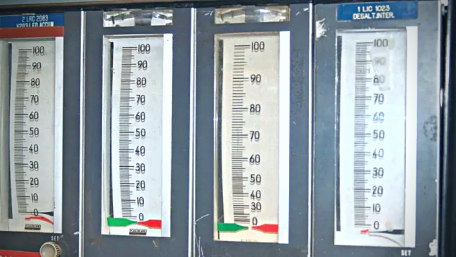
Learn about proportional gain and proportional band, two key proportional control concepts, to better understand the most…
Learn about proportional gain and proportional band, two key proportional control concepts, to better understand the most popular control system method in industrial automation.
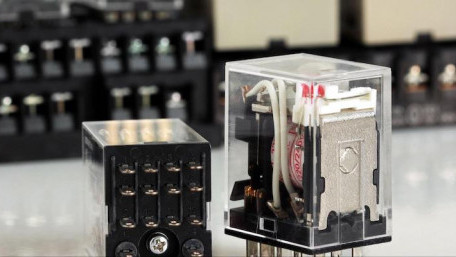
Relay and other coil devices pose a few confusing questions: How can the relay still work if you connect a DC supply in…
Relay and other coil devices pose a few confusing questions: How can the relay still work if you connect a DC supply in reverse? How can an alternating voltage attract and hold the load consistently?
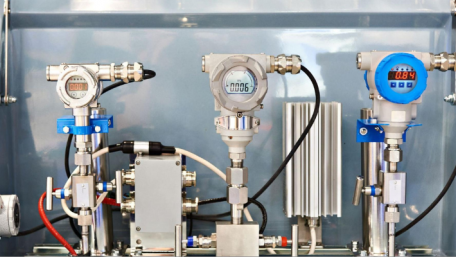
Industrial analog sensor devices primarily use 0-10 volt or 4-20 milliamp. For those mA signals, learn the reasons for…
Industrial analog sensor devices primarily use 0-10 volt or 4-20 milliamp. For those mA signals, learn the reasons for why the lower and upper limit standards were determined as 4 mA and 20 mA.
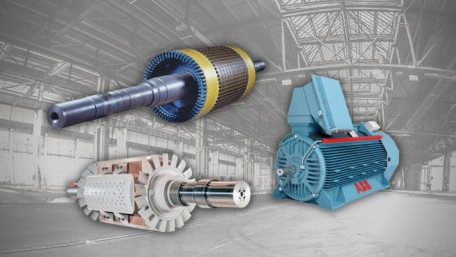
In this article, we will take a look at the differences between synchronous and induction motors, as well as the two…
In this article, we will take a look at the differences between synchronous and induction motors, as well as the two types of induction motors: squirrel cage and wound rotor.
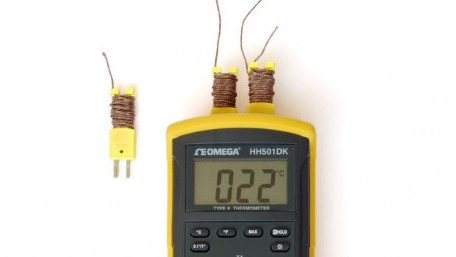
There are many considerations when selecting a thermocouple type. In this article, we look at the advantages, and…
There are many considerations when selecting a thermocouple type. In this article, we look at the advantages, and limitations, of the eight standard thermocouples and various installation considerations.
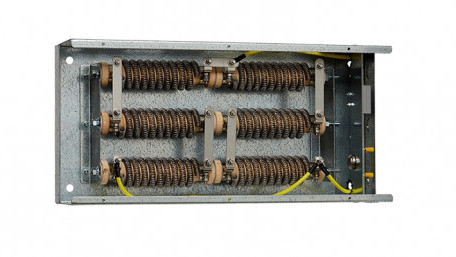
Large DC and AC motor drives often provide terminals for installing a braking resistor. What are these resistors, and how…
Large DC and AC motor drives often provide terminals for installing a braking resistor. What are these resistors, and how do they slow down a machine? What hazards and cautions must be considered?
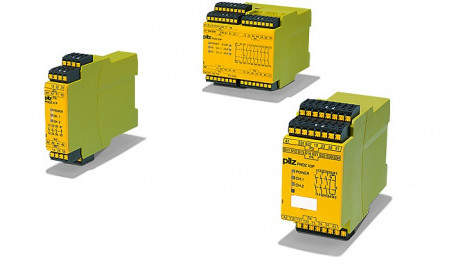
Redundancy and safety are often seen together in industrial safety systems. Safety relays monitor emergency devices to…
Redundancy and safety are often seen together in industrial safety systems. Safety relays monitor emergency devices to switch contacts based on status - but what makes them different from normal relays?
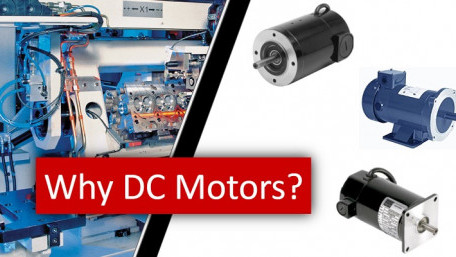
AC motors are common throughout industry - easily controlled by VFDs and without the maintenance that comes with DC…
AC motors are common throughout industry - easily controlled by VFDs and without the maintenance that comes with DC brushes. So then, why are DC motors still used in certain applications?
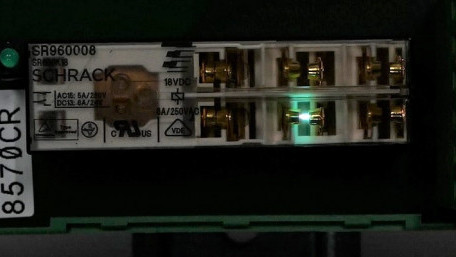
Inductive loads, such as solenoids and contactors, can cause arcs and failures back into electromechanical switching…
Inductive loads, such as solenoids and contactors, can cause arcs and failures back into electromechanical switching devices, causing costly downtime. The solution is cheaper than you think.
